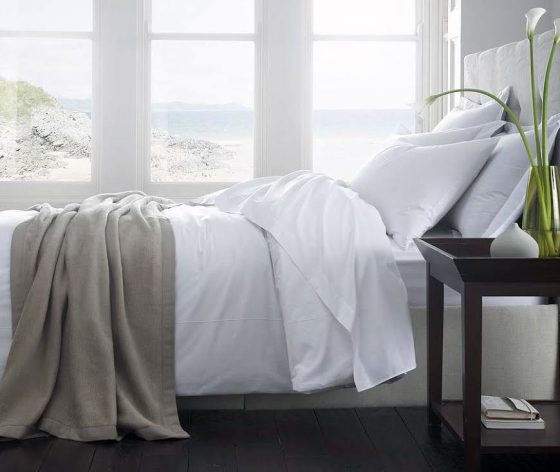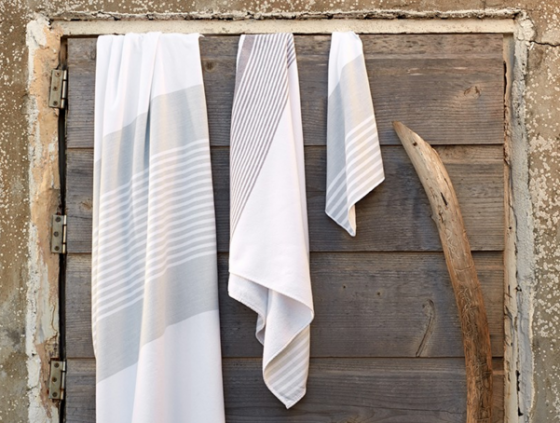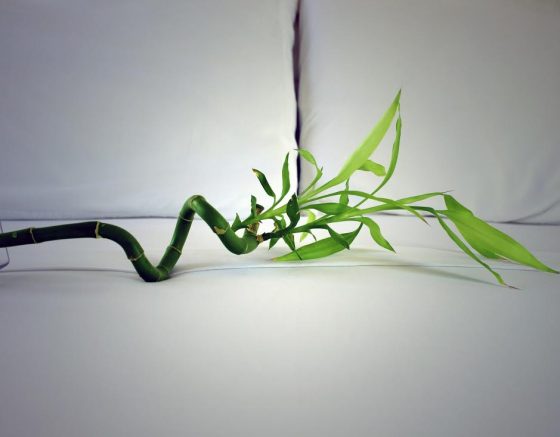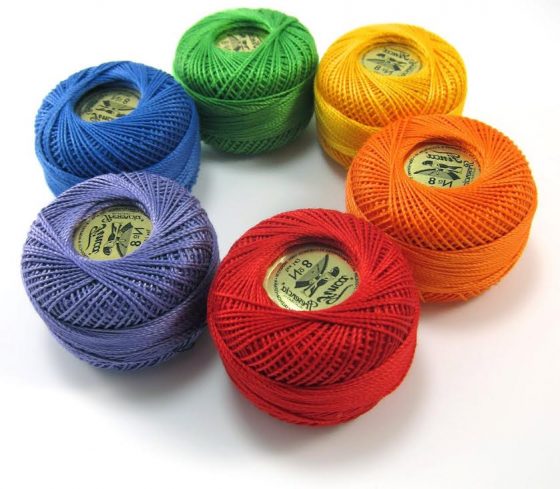
Why You Should Invest in Organic Bedding

When it comes to getting healthy, many of us look to the gym and a cleaner diet. That can mean eating more organic fruits and veggies. But there are other ways to think about being organically healthy. One less obvious way to treat your body and the earth better is to start using bedding made from organic materials.
First of all, the number and type of chemicals used in producing non-organic textiles like bed sheets is reason for concern. When you think about how much time you spend in bed (and how close your face is to the sheets) making the switch to organic bedding may start to feel like a no brainer.
Organic bedding is also super eco-friendly, making it a win-win for both humans and our planet. The processes used to produce organic fabric are beneficial to our environment in several ways. By using natural pesticides and fertilizers to grow the plants, like cotton and bamboo, we keep our groundwater and rivers safe and free from chemicals. This helps keep wildlife safe and stop the potential for toxic pesticides to get carried away from the wind and ending up in the air we breathe.
Organic Cotton Bedding

Conventional cotton is said to be one of the world’s “dirtiest” crops because of its high use of pesticides, including several that are considered hazardous to our health.
When you look for organic cotton bedding, be wary of labels that say “All Natural.” In many cases, the chemicals used to manufacture the cotton are not always chemical-free or GMO-free. Look for labels that say the cotton is certified organic. There are two independent certifiers: Organic Content Standards (OCS) and Global Organic Textile Standard (GOTS).
Organic Bamboo Bedding

Organic bamboo labels are a little bit more confusing because often they will say 100% Rayon from bamboo or 100% Viscose from bamboo. Rayon or Viscose, which are used interchangeably in most instances, are a types of chemical processes used in creating bamboo fibers. These rayon/viscose fibers from bamboo are then woven into fabric used in bamboo bedding.
Bamboo is considered a very eco-friendly plant, especially since it’s so sustainable and has antibacterial qualities. However, it remains unclear as to whether these health benefits can still be found in fabric after they go through the manufacturing process. The process to create bamboo fabric may also involve the use of toxic or hazardous chemicals, which makes it less eco-friendly than some may think.
If you are interested in using organic bamboo bedding, make sure to read the bedding labels carefully. Some companies that make bamboo bedding are very transparent about their organic processes and take environmental considerations seriously, while others are less open.
In addition, some brands that sell bamboo sheets use manufacturer that have a OEKO-TEX Standard 100 certification. The Oeko-Tex Standard 100 is a well-known independent environmental testing and certification system that works to make sure harmful substances stay out of textiles.
Go Organic

Making the choice to go with organic bedding is an investment in your own health and in the preservation of the planet. As more consumers demand organic products, we will lessen our carbon footprint and encourage a healthier environment for future generations.
This post is sponsored!




